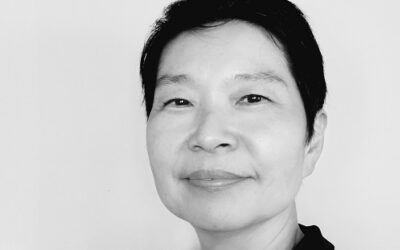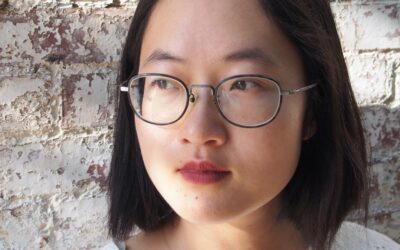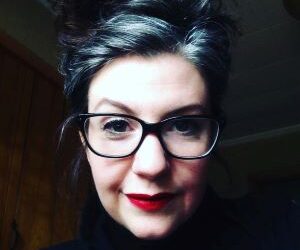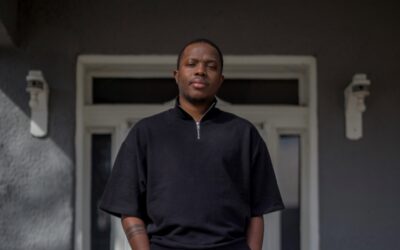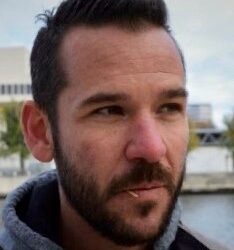miCRo: “Branding Day” by Jane O. Wayne
Wayne reminds us that remembering always comes with the price of reliving the moment.
miCRo: “[those ‘mexicans for golovkin’ shirts]” by JD Debris
The speaker of this poem is both voiceover and musical soundtrack at once, singing us through their experience…
miCRo: “Checking” by Sarah Beth Childers
With a dying Granddad sleeping downstairs and a newborn Lydia sleeping upstairs, the speaker of this piece hovers in the purgatory between…
miCRo: “Ortolan” by Lauren Osborn
Lauren Osborn’s microfiction “Ortolan” drops us into the intersection of hunger and desire, the crossroad where they meet and become one.
miCRo: “Cry” and “Dad’s Weekend” by Luke Wortley
In this miCRo double feature, we get a lyrical glimpse into the complicated world of fatherhood.
miCRo: “My Family and I Disagree about Politics” by Heather Lanier
Heather Lanier’s poem looks at family disagreements about politics through the lens of the body in a surgical theater, being cut into.
miCRo: “Knowing” by Amy Chen
In Amy Chen’s essay “Knowing,” innocence and family secrets come together to create a profound change in the speaker and her understanding of her world.
miCRo: “On Injury” by Anni Liu
In this piece, as the text notches inward through the use of indentations, mimicking a scaffold, the boundary between inside and outside starts to break down…
miCRo: “Origins” by Kelly Fig Smith
“Origins” by Kelly Fig Smith weaves together issues of identity, history, and the body to form a complicated and compelling picture of family and motherhood.
miCRo: “Those Statues of Old” by Romeo Oriogun
“Those Statues of Old,” contextualized by the 1897 massacre and looting of Benin City by the British, is a simultaneously expansive and intimate meditation on the possibilities and impossibilities of poems to speak to the dead
miCRo: “Why One Cloud Is Kin to Not Liking” by Alina Stefanescu
In Alina Stefanescu’s “Why One Cloud Is Kin to Not Liking,” a deft observation of a cloud’s “power of chilling” follows a list of reasons why the speaker’s in-laws don’t like her.
miCRo: “Sam Less” by Jonathan Cardew
“Sam Less” by Jonathan Cardew demonstrates the limits of language by subverting the need to find the correct words in order to form self-knowledge.

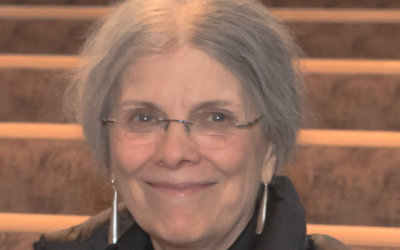
![miCRo: “[those ‘mexicans for golovkin’ shirts]” by JD Debris](https://www.cincinnatireview.com/wp-content/uploads/2021/06/Debris-cropped-1-400x250.jpg)




